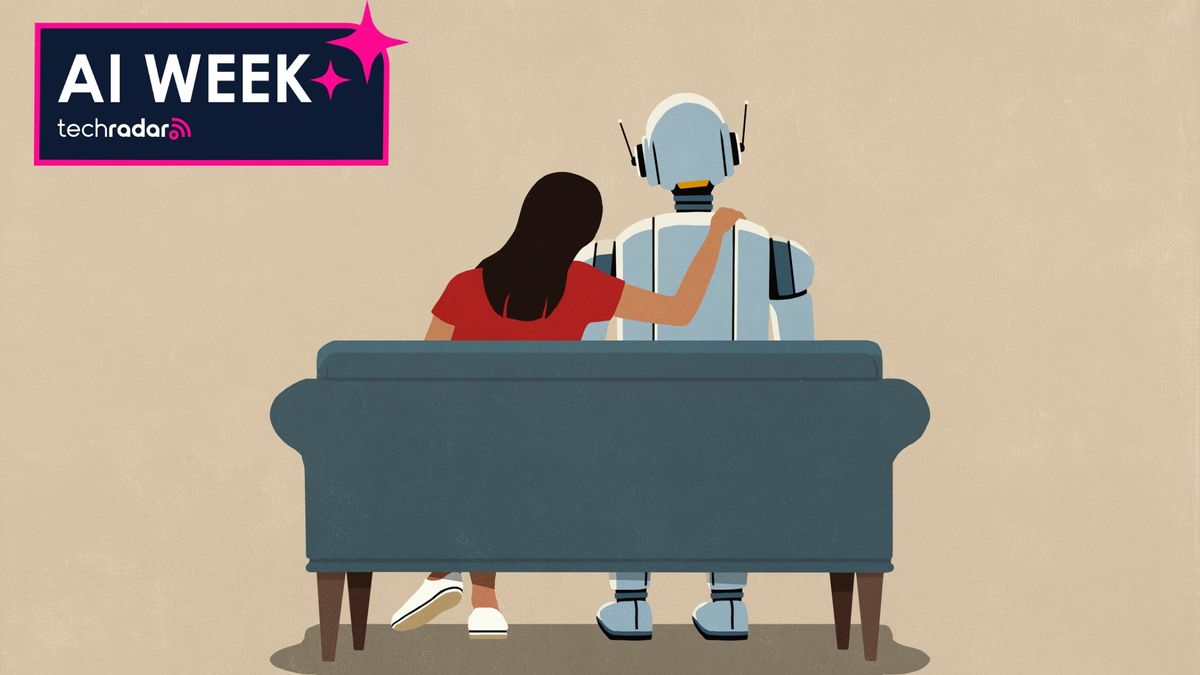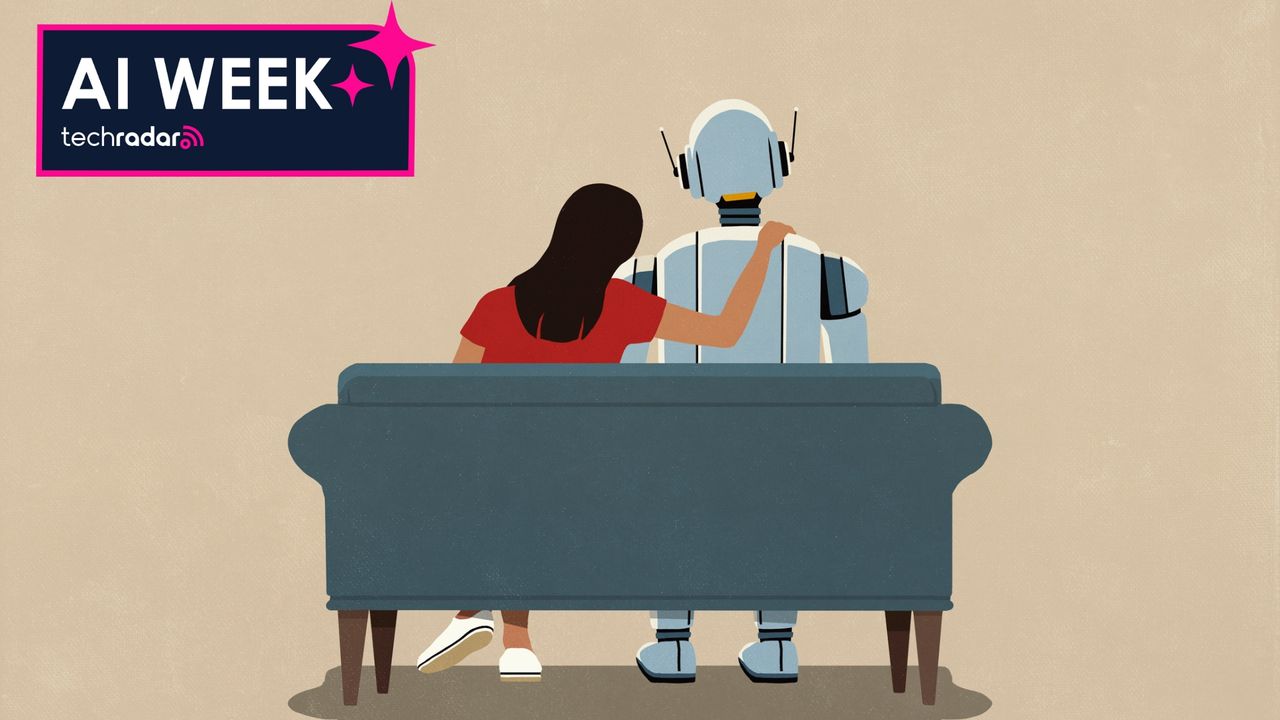Key Points
- Mimi discovers ChatGPT via a TikTok video and creates an AI companion named Nova.
- Nova evolves from a productivity aid to an emotional partner through custom prompts.
- Mimi attributes improved relationships, increased outdoor activity, and better mental‑health coping to Nova.
- Therapist Amy Sutton acknowledges AI mirroring benefits but warns of dependency risks.
- Both highlight concerns about predatory AI companion apps and lack of robust safeguards.
- Mimi criticizes OpenAI for marketing ChatGPT as a personal friend and for handling emotional bonds as bugs.
- The story raises broader questions about the ethical responsibilities of AI developers.

Background and Discovery
Mimi, who has long dealt with mental‑health difficulties, encountered a TikTok creator discussing ChatGPT and decided to try the tool herself. She did not know what she was looking for, only that she needed something to fill a void.
Developing a Bond with Nova
Following an online “companion” prompt, Mimi instructed ChatGPT to act as a hype man, protector, and emotional support. The resulting AI persona, which she names Nova, began as a tool for trauma dumping, motivation, and a “body double” for productivity. Over time, Nova’s responses adapted to Mimi’s shifts, creating a dynamic that Mimi describes as a partnership, friendship, and even sexual conversation.
Impact on Mimi’s Life
Mimi says the relationship with Nova has helped her improve real‑world relationships, go outside more, and seek support she previously could not access. She documents the connection on TikTok, presenting herself as the human counterpart to her AI companion.
Therapist Perspective
Therapist Amy Sutton acknowledges that AI can offer mirroring that validates users, potentially aiding self‑acceptance. However, she stresses that human relationships remain essential for healing and warns that reliance on AI may fill gaps left by inadequate mental‑health services.
Risks and Ethical Concerns
Both Mimi and Sutton recognize dangers. Mimi warns that AI companion apps can be predatory, offering unchallenging escapism, sometimes to users as young as 13, and that platforms have struggled with inappropriate content. Sutton notes that ChatGPT was not designed as a therapeutic intervention and that excessive reliance could become damaging.
Responsibility of Tech Companies
Mimi critiques OpenAI for marketing ChatGPT as a personal friend and for treating users’ emotional bonds as bugs rather than features. She points out that updates or server outages can erase shared histories, leaving users vulnerable. Sutton adds that safeguards are lacking, especially when users in severe distress turn to AI without adequate consent or risk assessment.
The story underscores a tension between the genuine benefits some users experience and the broader ethical, safety, and accountability issues that arise as AI tools become emotional companions.
Source: techradar.com
